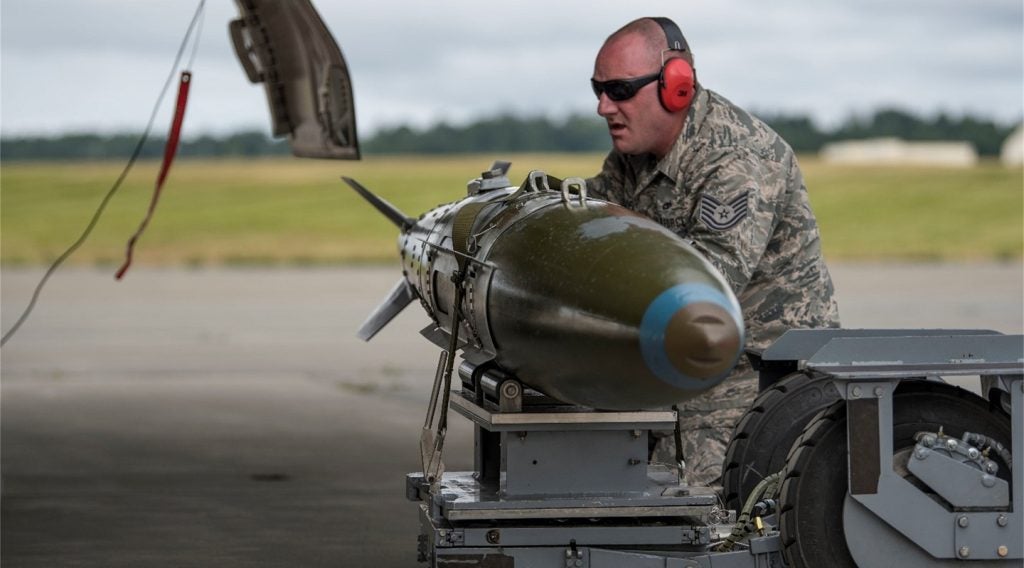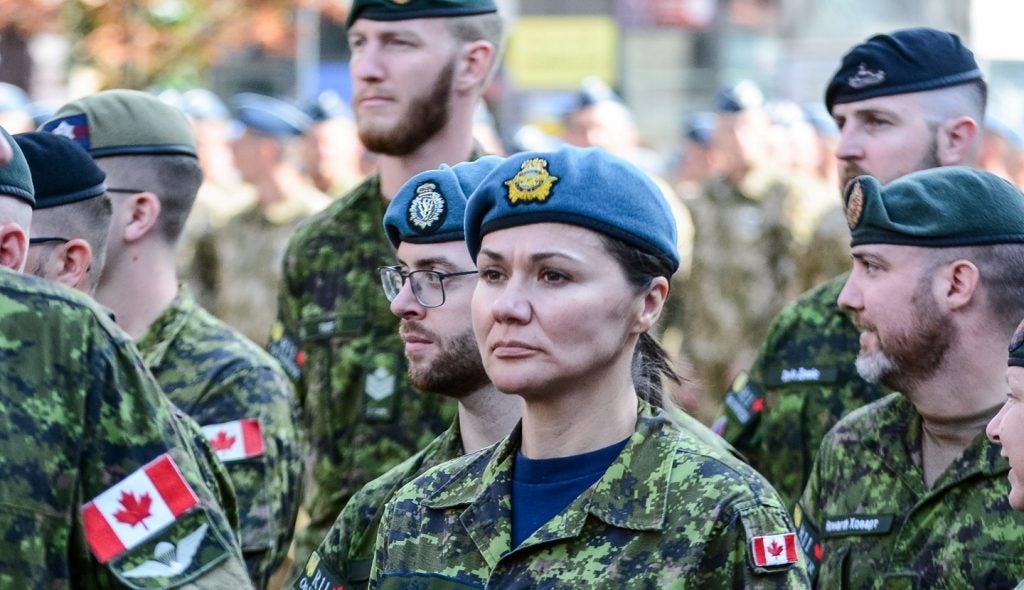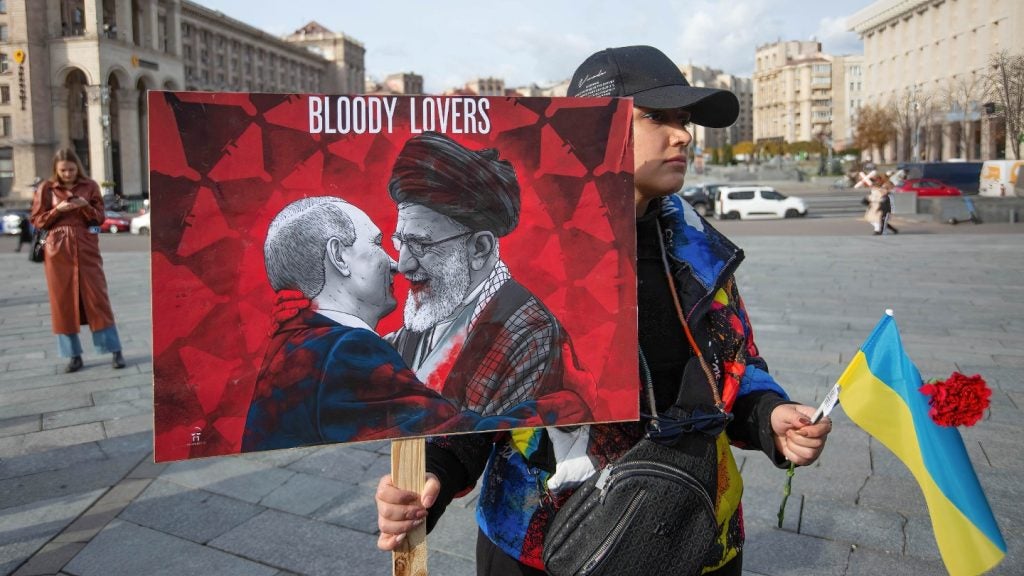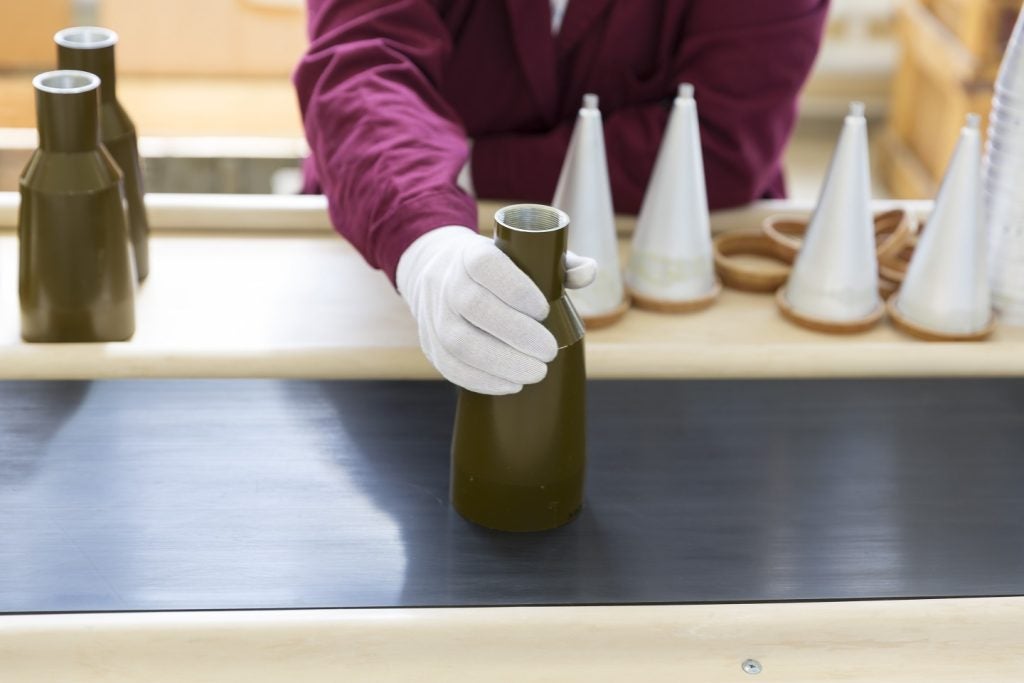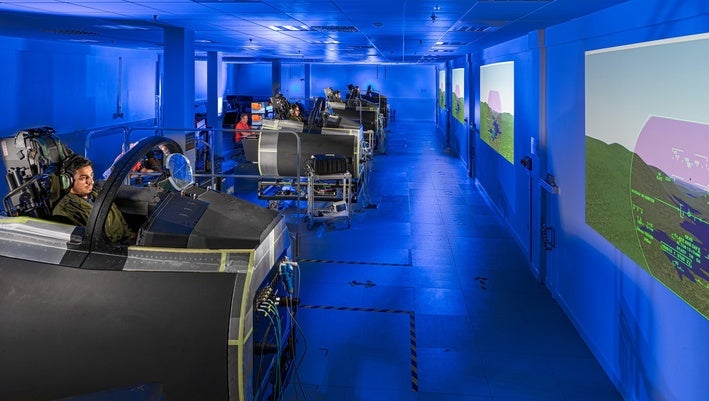
BAE Systems has secured Typhoon Future Synthetic Training (TFST) contracts worth more than £220m from the UK Ministry of Defence (MoD).
Under the TFST contracts, BAE Systems will deliver advanced synthetic training for pilots training to fly Typhoon combat aircraft.
The company will provide ten high fidelity, immersive simulators, and advanced training facilities at Royal Air Force (RAF) Coningsby in Lincolnshire and RAF Lossiemouth in Moray.
According to the company, the new training environments will enable pilots to train and execute complex joint training exercises using real-world mission software and other tactics.
The latest investment by MoD’s procurement arm Defence Equipment and Support (DES) replicates the RAF’s goal of increasing use of synthetic training, delivering cost, time and other sustainability benefits associated with live training.
Furthermore, the technology would provide a more tough and secure training experience to students by providing customised training.
How well do you really know your competitors?
Access the most comprehensive Company Profiles on the market, powered by GlobalData. Save hours of research. Gain competitive edge.

Thank you!
Your download email will arrive shortly
Not ready to buy yet? Download a free sample
We are confident about the unique quality of our Company Profiles. However, we want you to make the most beneficial decision for your business, so we offer a free sample that you can download by submitting the below form
By GlobalDataBAE Systems Air Europe Typhoon programme director Richard Hamilton said: “We pride ourselves in delivering world-class training capability as we understand how critical it is to deliver the highest quality skills and capabilities to the front line.
“This contract builds on existing work to deliver synthetic training to the RAF’s Typhoon Force, which will eventually enable pilots from different locations to fly virtual missions together and provide the ability to ‘plug into’ other assets across air, land and sea.”
The contracts would support nearly 120 jobs for delivering new infrastructure at the two RAF bases in Lincolnshire and Moray.
An additional 60 engineering jobs will be created at BAE Systems.
Hamilton added: “The investment will deliver a number of valuable operational benefits for the RAF, alongside the positive impact that the increased use of synthetic training will make to reduce carbon emissions.
“With 9.6t of carbon saved by every synthetic flight, it will help reduce the current carbon footprint of live training, supporting the net-zero ambitions held by our customers and ourselves.”
In a year, BAE delivers training for more than 2,500 technicians and ground crew across several skill sets. The company also trains over 450 pilots and officers per annum.



